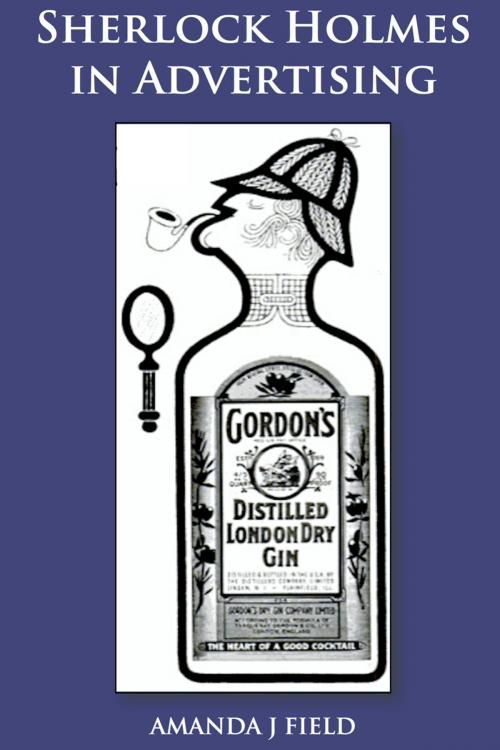Sherlock Holmes in Advertising
Business & Finance, Marketing & Sales, Advertising & Promotion, Nonfiction, History| Author: | Amanda J Field | ISBN: | 9781909183896 |
| Publisher: | Andrews UK | Publication: | September 8, 2015 |
| Imprint: | Chaplin Books | Language: | English |
| Author: | Amanda J Field |
| ISBN: | 9781909183896 |
| Publisher: | Andrews UK |
| Publication: | September 8, 2015 |
| Imprint: | Chaplin Books |
| Language: | English |
This fascinating book explores the way that Sherlock Holmes has been appropriated by British businesses to advertise everything from carpets and tyres, to honey and whisky. Somerset Maugham believed that Holmes had survived so long in the public imagination because Arthur Conan Doyle had hammered the detective’s idiosyncracies into the minds of his readers with ‘the same pertinacity as the great advertisers use to proclaim the merits of their soap, beer or cigarettes’. Linking Holmes with consumer products in this way implies that the detective was becoming a ‘brand’ in his own right. But if he was a brand, then what values did he portray? Why would advertisers want to associate those values with their own products - even if those products had, on the face of it, nothing whatsoever to do with Sherlock Holmes? And how did they go about it? The book draws on a treasure-trove of advertisements in the Arthur Conan Doyle Collection - Richard Lancelyn Green Bequest at Portsmouth Museum.
This fascinating book explores the way that Sherlock Holmes has been appropriated by British businesses to advertise everything from carpets and tyres, to honey and whisky. Somerset Maugham believed that Holmes had survived so long in the public imagination because Arthur Conan Doyle had hammered the detective’s idiosyncracies into the minds of his readers with ‘the same pertinacity as the great advertisers use to proclaim the merits of their soap, beer or cigarettes’. Linking Holmes with consumer products in this way implies that the detective was becoming a ‘brand’ in his own right. But if he was a brand, then what values did he portray? Why would advertisers want to associate those values with their own products - even if those products had, on the face of it, nothing whatsoever to do with Sherlock Holmes? And how did they go about it? The book draws on a treasure-trove of advertisements in the Arthur Conan Doyle Collection - Richard Lancelyn Green Bequest at Portsmouth Museum.















